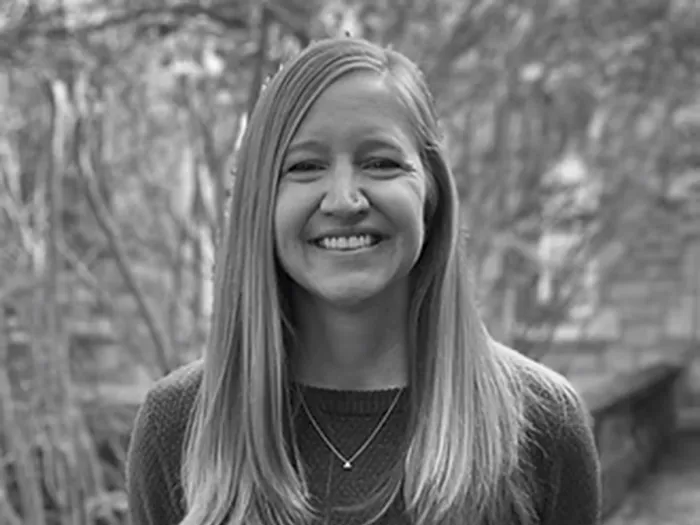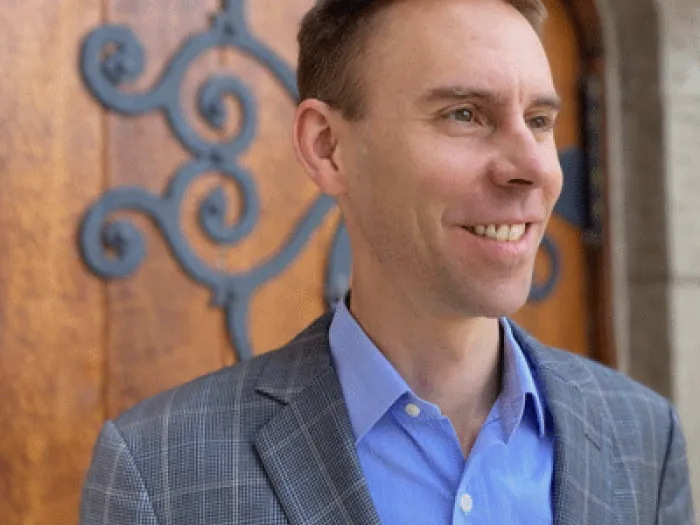Rare and beautiful treasures
The gospel is being proclaimed through new worshiping communities and lived in different voices and languages

April 2, 2022

As a child, the Rev. Dr. Lindsay Armstrong loved Mister Rogers and his neighborhood of make-believe — especially the puppets King Friday XIII and Henrietta Pussycat.
She even remembers some of Mister Rogers’ life lessons, including the day he said while changing his shoes, “As human beings, our job in life is to help realize how rare and valuable each of us really is, that each of us has something that one else has — or will ever have — something inside that is unique to all time.”
“It sounds idealistic, even naïve or romantic,” she says now.
But as executive director of the New Church Development Commission in the Presbytery of Greater Atlanta, Armstrong wonders what it would be like if Mister Rogers’ lessons were taken seriously.
Would our neighborhoods, churches and social familial circles be healthier? And what beautiful things might happen if we could help our new and established churches realize that they too are rare and beautiful treasures?
Armstrong thought about these things after a recent three-hour Zoom meeting ended with prayers being spoken in different languages. No one was on mute. At least one person was overcome with emotion — and made no attempt to hide what Armstrong described as “copious tears.”
The NCDC was in the midst of its annual review of each of the 28 new worshiping communities under its care. As the leader exited the meeting, Armstrong said one of the commissioners asked each of the committee members to stay on for an extra moment.
According to the Armstrong, the typically resolute commissioner was overwhelmed with love and amazement at the gospel being proclaimed and lived in different voices and languages.
“Not one of them is alike,” the commissioner said, “and yet the gospel is being lived out profoundly in every community.”
As Armstrong listened to the commissioner “speaking truth,” she reflected on how many of Atlanta’s new worshiping communities don’t recognize their own value.
Because of their vision that PC(USA) churches are steeped in looking largely one way, she said some of the NWC leaders are concerned about having only 80 people in face-to-face worship. Others can’t pay a minimum compensation package — or even anything — to their multi-vocational pastors.
But what they don’t know, Armstrong said, is that many NWCs are similar to the diverse established churches in Atlanta, who are also doing vibrant ministry.
Referring to a 2018 study — this was before the pandemic — Armstrong said of the 89 chartered churches in the presbytery, 53 had full-time installed pastors. And of those 53 pastors, 14 were under contract.
“Which means they are being paid below the minimum salary and benefit package,” she said.
‘Yet, according to Armstrong, so many of the new immigrant communities she works with feel like they need to prove themselves — wondering what model they have to fit to be viewed as legitimate.
“I think there’s a perception that new immigrant communities will never make it without mission support,” she said. “Yet a lot of them are already living into a different new reality. My new theory is that increasingly they are similar to many of our U.S. churches — especially after the pandemic.”
The Rev. Nikki Collins, 1001 New Worshiping Communities national coordinator, is grateful for Armstrong’s observations.
“I am so moved by her words,” Collins said. “Right now, I am working through an NWC immigrant resource that is full of these kinds of stories shared in a variety of accents. It is a humbling experience.”
NWC leaders attempt to live out the gospel in their communities in different voices, accents and patterns — and in different languages, tones and habits.
“Sabbath is not a word in the African pastor’s dictionary,” said one leader. “This was a transformational experience for me.
“Today I was going to give up,” said another. “But after coming to be with this cohort, I feel encouraged and ready to keep going.”
Greater Atlanta’s New Church Development Commission saw the impact on the communities they spoke with during that three-hour Zoom session, Armstrong said.
“Clearly they are changing more lives than we expect or even imagine seeing changed through our churches,” the commissioner said.
Paul Seebeck, Communications Strategist, Presbyterian Mission Agency
Today's Focus: New worshiping communities
Let us join in prayer for:
PC(USA) Agencies’ Staff
Carrie Mitchell, Church Consultant, Synod of the Northeast, Board of Pensions
Rosemary Mitchell, Senior Director, Mission Engagement & Support, Presbyterian Mission Agency
Let us pray
Gracious God, pour out your love and care on your children across the globe. Grant us new insight into your dream for us of love and compassion for all our brothers and sisters. Amen.
You may freely reuse and distribute this article in its entirety for non-commercial purposes in any medium. Please include author attribution, photography credits, and a link to the original article. This work is licensed under a Creative Commons Attribution-NonCommercial-NoDeratives 4.0 International License.




